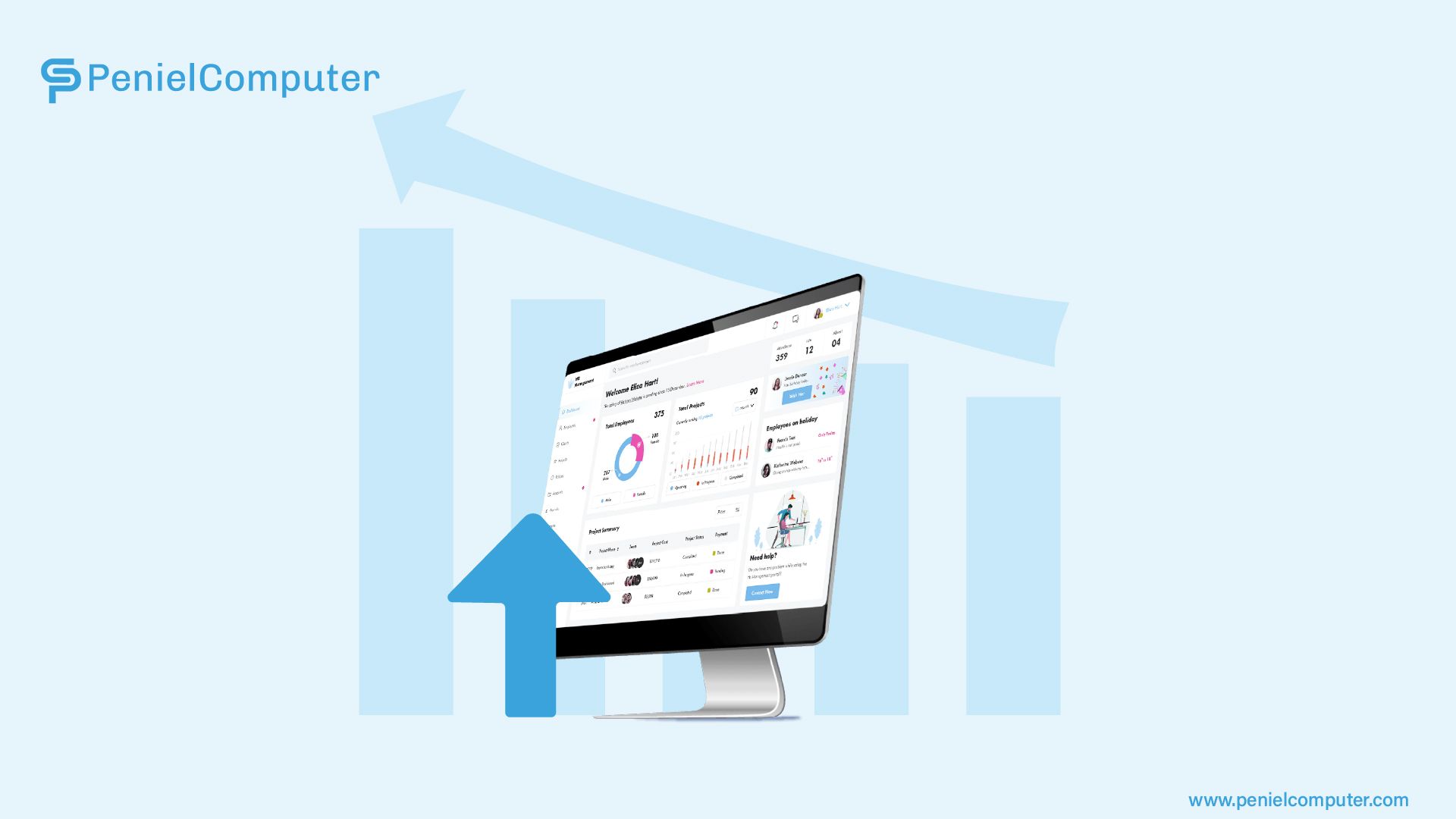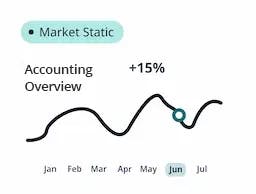
Admin
2024-01-16

The housing market is booming like never before. People are approaching you from every corner. Eventually, your sales teams are closing deal after deal. Thus, simplifying client information tracking is crucial. Undoubtedly, real estate CRM software can do this and more for your business.
Customer satisfaction is vital for a company's success. Robust customer relationship management (CRM) software nurtures and grows customer relationships. For unique customer lifecycles, like those in real estate agencies, finding the right CRM software can be challenging.
Contact us?
A CRM designed for managing the unique home-buying customer lifecycle is essential, whether your business deals with residential, commercial properties, or both. Real estate-specific CRM software improves communication between agents and buyers, streamlines processes, and helps close more deals.
Realtors have access to real estate-specific CRM solutions tailored for managing the home-buying customer lifecycle. Therefore, let's explore how these solutions benefit your agents and compare a list of top CRM solutions in the real estate industry.
An Overview of Real Estate-Specific CRM
Every CRM solution includes fundamental tools for managing contacts, accounts, leads, and opportunities. However, a real estate-specific CRM customizes these core features to cater to the distinctive needs of individuals and companies operating within the real estate industry.
Real estate enterprises frequently engage in long-term communication with customers, often spanning years, prior to finalizing a transaction. In addition, they must diligently identify and document each customer's preferences and financial standing to ensure appropriate property matches. As a result, real estate businesses require top-notch contact management capabilities. They need these capabilities to monitor and oversee clients. Many of these clients might only make a single purchase in their lifetime. Agents understand the pivotal role of referrals in generating new business, and therefore, the real estate CRM should also monitor and manage referrals, associating them with the original contact.
Given that individuals typically buy only one or two homes in their lifetime, maintaining contact via email often represents the sole viable method for a real estate agency to stay relevant. Many real estate agents and firms look for a CRM solution. They want it to have email marketing features. Conversely, they prefer it to integrate seamlessly with email marketing tools. Agents put in significant effort to nurture long-term client relationships. Thus, automated email marketing, newsletters, and drip marketing functionalities can have a substantial impact on their financial success. Moreover, many agents in today's market utilize social media platforms like Facebook and Twitter to attract new clients and deliver value to their existing customer base.
Real estate CRM software
Your real estate CRM solution has the potential to integrate with various tools and services:
- Inventory management solutions.
- Property management software.
- Contract management software.
- MLS (Multiple Listing Service).
- LOS (Loan Origination System).
- Real estate websites.
Selecting a CRM solution that seamlessly integrates with the real estate software and applications you currently use enhances adoption and streamlines your operations.
Lastly, to fully leverage the potential of your real estate-specific CRM, opt for a solution with mobile capabilities. Since agents are frequently on the move, enhanced mobile functionality directly translates into increased sales and happier customers. Most mobile-friendly solutions are cloud-based, offering accessibility from anywhere at any time. Furthermore, consider a CRM that automatically calculates commissions for future sales. This simple tool can motivate sales teams. It also helps agents identify clients with the highest potential.
"Four Real Estate-Specific CRM Solutions Your Agents Will Appreciate":
Penieltech - Elate CRM:
- Elate CRM, provided by Penieltech, is an affordable real estate-specific solution.
- It simplifies real estate tasks with features like automated email marketing, 24/7 customer support, and secure data management.
- The Elate CRM Dashboard offers a comprehensive view of essential information, including leads, listings, closings, and properties shown.
- Integration with third-party platforms allows convenient access within the CRM, and flexible pricing options include one-time and monthly plans.
Emerald Software:
- Emerald has been serving real estate agents with their CRM for over a decade.
- This solution, aptly named Emerald Software, encompasses features necessary for managing the unique home-buying customer lifecycle.
- It includes document storage for contracts, transaction management, and an array of marketing tools.
- Emerald's CRM system offers time and email automation, contact synchronization, and tools for transaction and time management.
- Additionally, it provides drip marketing campaign management with customizable listings and numerous templates, along with support for managing printed marketing materials.
RETHINK REAL ESTATE CRM:
- RETHINK offers two distinct versions: REthink Residential and REthink Commercial, each tailored to specific real estate markets.
- Rethink Residential provides comprehensive tools for listing management, including a Listing Browser for searching listings and recording client feedback directly in the CRM.
- Automation of client interactions and lead tracking are also available.
- REthink Commercial provides various real estate-specific CRM features:
- Listing and customer preference management.
- Pipeline visualization.
- Activity and event tracking.
- Comp generation.
- Retail leasing tools.
- It includes a Listing Image Gallery for storing photos of listings and properties within the CRM.
Peniel Computer:
- Peniel Computer's CRM, built by professionals with over 13 years of real estate experience, offers real estate-specific features for residential agents, commercial agents, and developers.
- These functions ensure that any real estate agency has all the necessary tools for success.
- An extensive library of product add-ons allows for software customization to extend functionality.
- Peniel Computer's property-based CRM employs advanced technologies and provides robust, scalable cloud software.
- It offers numerous real-estate-specific features such as commission tracking, customizable contact management, listing management, and franchise management.
- Mobile functionality keeps agents updated while on the move, and businesses can explore the Property-based CRM with a free trial offer.
The bottom line
In conclusion, a unified solution within a single workspace, which boosts efficiency and oversees crucial aspects of the real estate business cycle, is an imperative need in today's context.
The leading CRM tools mentioned earlier help you:
- Streamline daily tasks.
- Reduce administrative burdens.
- Strengthen sales processes.
- Leverage advanced technology.
We trust that our insights will prove valuable in your decision-making process.
Latest News
From Our blog and Event fanpage




